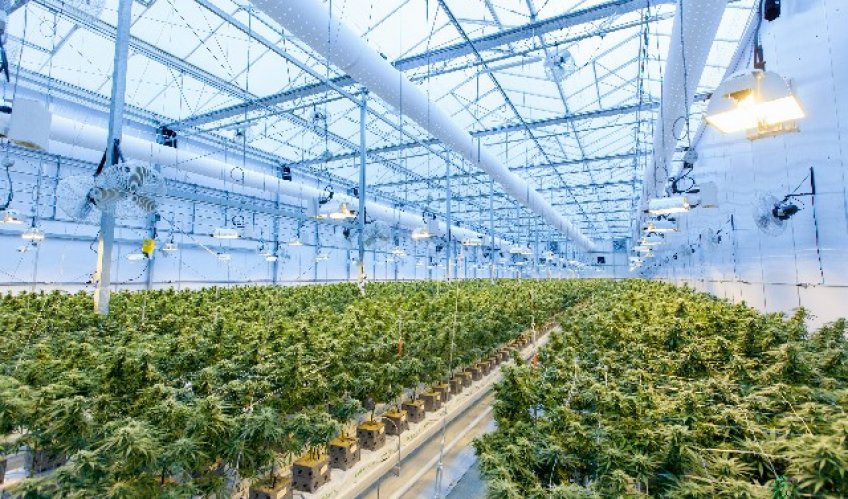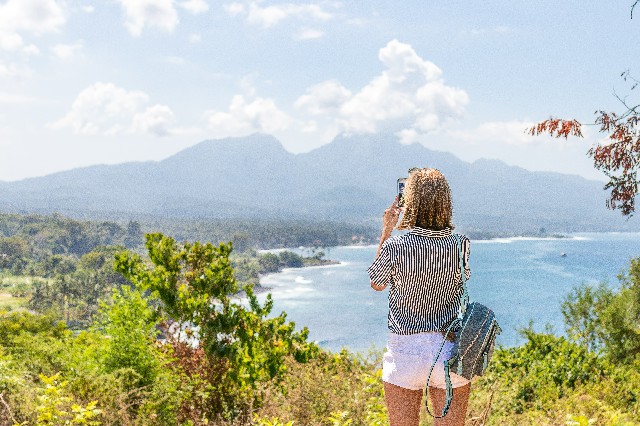Navigating the legal and ethical issues of Caribbean cannabis tourism

Cannabis tourism is a form of niche tourism that has gained increasing popularity in recent years. It refers to travel experiences that involve the consumption or appreciation of cannabis.
 
The Caribbean is a region with significant interest in cannabis tourism due to its tropical climate and the increasing number of regional countries that have legalized cannabis.
 
However, the intersection of cannabis and tourism presents a host of legal and ethical issues that need to be addressed.
 
Let’s explore the legal and ethical considerations of Caribbean cannabis tourism and discuss the potential benefits and drawbacks of cannatourism in the region.
 
Legal issues of cannabis tourism in the Caribbean
The legal status of cannabis in the region varies widely between countries, with some having legalized cannabis for medicinal use, decriminalized for recreational use, or both.
 
Jamaica, for example, legalized medicinal cannabis in 2015, and in 2018, they decriminalized cannabis for personal use.
 
Similarly, Trinidad and Tobago decriminalized cannabis possession in 2019, while Barbados legalized cannabis for medical purposes in 2019 and recreational use in 2022.
 
However, other places, such as the Bahamas and Saint Lucia, still prohibit cannabis use.
  
 
Challenges of combining cannabis and tourism
Combining cannabis and tourism presents unique legal challenges. For example, tourists may face legal issues when traveling with cannabis products, even if they purchased them legally in their home country or at a licensed dispensary in the islands.
 
Cannabis tourism businesses may face banking and insurance issues due to the federal illegality of cannabis in the United States, which can impact their ability to secure financing or obtain insurance coverage.
 
Additionally, there may be issues with transporting cannabis products between countries with different legal frameworks.
 
Impact on local communities
The impact of cannabis tourism on local communities is a complex issue. While cannabis tourism has the potential to provide significant economic benefits, such as increased tax revenue and job creation, it can also have negative consequences.
 
For example, the legalization of cannabis can lead to increased use among youth, public safety concerns, and environmental issues. Additionally, there are concerns about the impact of cannabis tourism on local culture and traditions.
 
Overall, the legal issues surrounding cannabis tourism in the region are still evolving, and businesses that operate in this industry must navigate a complex legal framework.
Ethical considerations of cannabis tourism in the Caribbean
Cannabis tourism in the Caribbean raises several ethical concerns that must be carefully considered.
While some argue that cannabis use should be treated similarly to alcohol and tobacco, others believe it poses unique risks and challenges. 
One ethical consideration is the potential negative impact of cannabis use on local communities. Critics argue that cannabis use can increase crime, impaired driving, and other social problems.
Additionally, they argue that the legalization of cannabis may lead to an influx of tourists who are primarily interested in using cannabis, rather than experiencing the local culture or contributing to the local economy.
Another ethical concern is the impact of cannabis tourism on vulnerable groups such as children and young adults.
Critics argue that the normalization of cannabis use may make it more appealing to these groups and increase the risk of addiction or other negative consequences.
Furthermore, there is concern about the exploitation of marginalized communities who may be involved in the production or distribution of cannabis.
There have been reports of exploitation of workers in the cannabis industry in other parts of the world, and it is critical to ensure that cannabis tourism in the Caribbean does not contribute to similar practices.
Then there is the issue of responsible tourism. Cannabis tourism operators have a responsibility to ensure that their activities are safe and do not harm the environment or local communities.
It includes implementing measures to prevent cannabis use by minors, promoting responsible use by adults, and taking steps to reduce the environmental impact of cannabis cultivation and consumption.
It is crucial for cannabis tourism operators and policymakers to carefully consider these ethical issues and take steps to mitigate any negative impact on local communities and vulnerable groups.
By promoting responsible and sustainable tourism practices, cannabis tourism can provide economic benefits while respecting the values and concerns of the local population.
 
Case Studies: examples of cannabis tourism in the Caribbean
Jamaica
In 2015, Jamaica decriminalized the possession of small amounts of cannabis and established a licensing system for the cultivation and sale of cannabis for medical, scientific, and therapeutic purposes.
Cannabis tours are now offered in various parts of the country, where visitors can learn about the history and culture of cannabis in Jamaica, sample different strains, and even participate in ganja yoga.
Barbados 
In 2019, Barbados passed the Medicinal Cannabis Industry Act, which allows for the cultivation, processing, and distribution of medical cannabis products.
The government has expressed interest in exploring the potential for cannabis tourism but has also emphasized the importance of responsible use and minimizing the impact on the island's traditional tourism industry.
 
St. Vincent and the Grenadines
In 2018, St. Vincent and the Grenadines became the first Caribbean country to establish a regulatory framework for the cultivation, processing, and sale of cannabis for medicinal purposes.
The government has also expressed interest in developing a cannabis tourism industry, with plans to establish a cannabis research and development center and promote eco-friendly cannabis tourism.
 
Each of these nations has taken a slightly different approach to cannabis tourism, with varying levels of regulation and promotion.
While cannabis tourism can bring economic benefits to the region, it is essential to consider the potential negative impacts on local communities and to ensure that cannabis is used responsibly and in compliance with local laws and regulations.
© 2019 Jamaica Experiences All Rights Reserved



















